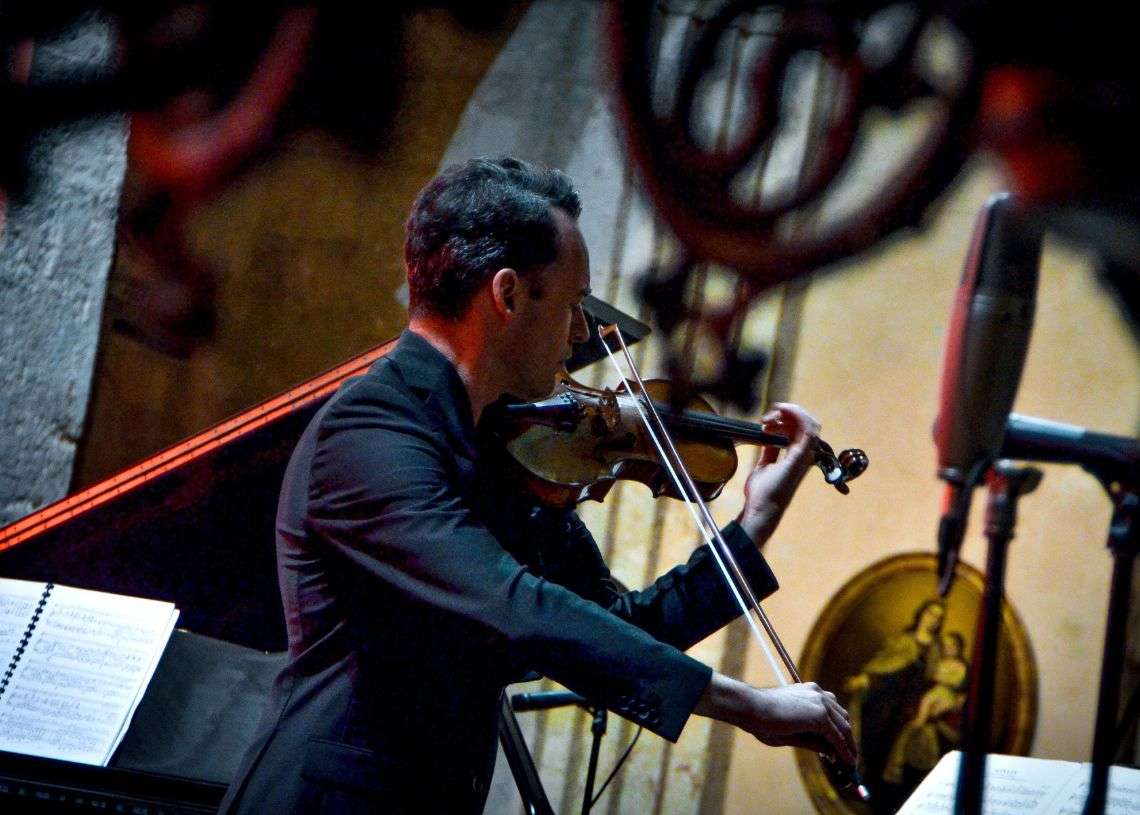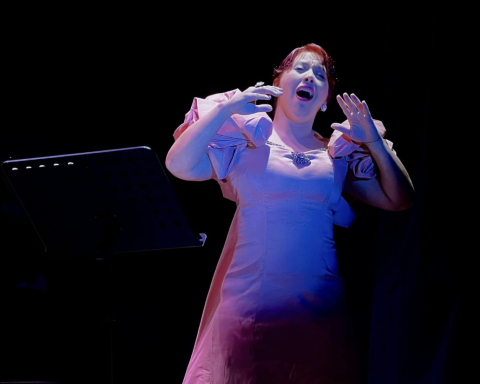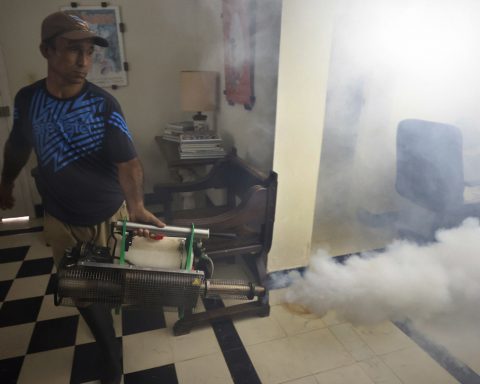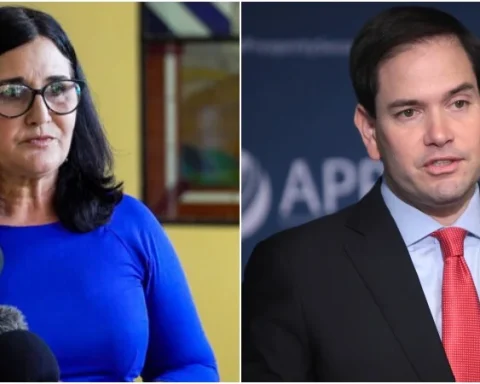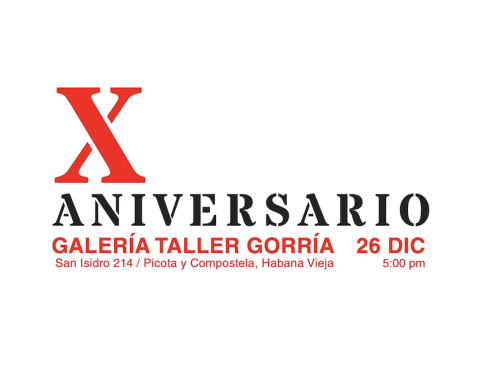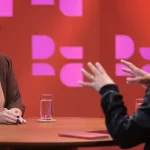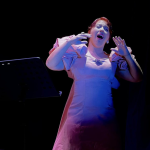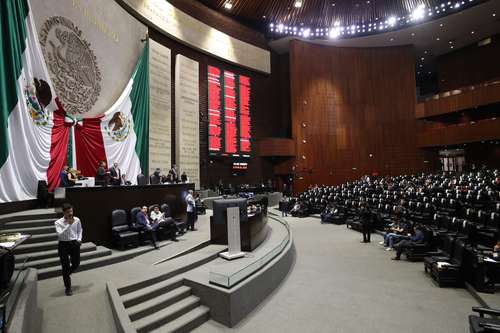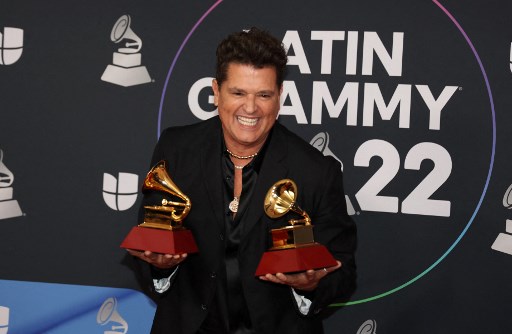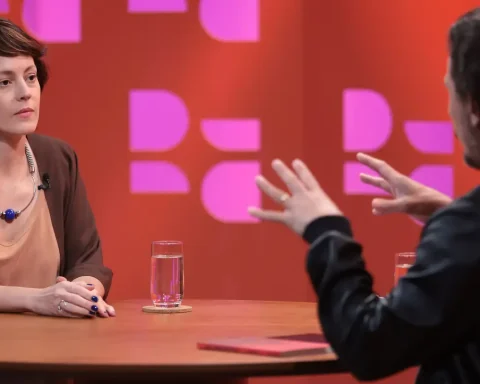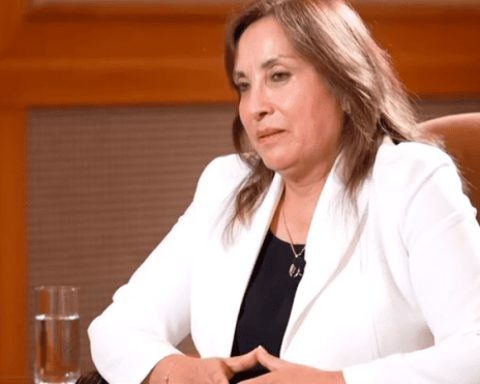It is said that Antonio Stradivari built around thirteen violins a year in the first quarter of the 18th century. A tree becomes wood, without rushing the years that it takes to dry out, just at the limit of its maturity to complete the life cycle after the instrument is assembled. In 1703, the luthier he made a violin with an exceptional tone named Dancla, after the French violinist, Charles Dancla, played it for two decades. Through a Stradivarius, a whole temporal scheme of musical virtuosity can be traced, attending to its owners. This violin belonged, to accentuate the link, to one of the Hall Toast Masters, our King of the Octaves.
A little over three centuries later, Linus Roth gives the instrument the best melodies. He is one of the most interesting classical violinists today, invited to the Classic Havana Festival, on the occasion of its fourth edition.
This festival of music raised the curtain on November 5 with a renewed essence and dedicated, precisely, to the musical spirit of Brindis de Sala, whom Alejo Carpentier baptized as one of the most important Cuban musicians of the 19th century.
Thanks to the association of Marcos Madrigal, Artistic Director of the Festival, a Cuban classical pianist of wide international recognition, together with the Swiss Embassy in Cuba, a leading donor, and the Esteban Salas Musical Heritage Cabinet, the festival has had a program of luxury that filled this November with music, after a two-year hiatus.
The presence as a guest of Linus Roth, the renowned German violinist, has been one of the biggest attractions of the program at this festival. During his stay, he gave a Master Class to violin students, open to the public, at the Lyceum Mozartiano in Havana.
In the Minor Basilica of the San Francisco de Asís Convent, Linus Roth shared the stage with Marcos Madrigal, with Daiana García and the Havana Chamber Orchestra, to give life to the music of Brahms and Mendelssohn.
The violinist knows the Stradivarius very well (on loan from the Music Foundation of the L-Bank Baden-Württemberg). The melodies and an impossible phrasing achieved memorable musical moments.
Hours after the concert, in the hot and humid environment of the Caribbean, the Maestro talks calmly about his music.
You have alternated between the violin and the vocation to recognize unfairly forgotten composers and performers. One of his fundamental contributions was recording the complete works for violin by Mieczyslaw Weinberg, which has earned him critical and public applause. It was even Gramophone Magazine’s Editor’s Choice. Why Weinberg?
First of all because his music is of the highest level and is forgotten. Frequently, you find a lot of music that has been forgotten but it is not of such a high level, and that is one of the reasons why it does not survive the passing of the years. Only sometimes do you bump into Bach, and rediscover his scores a century later. It is not an everyday thing.
It was a rediscovery, actually, I have not been the only one who has been amazed by his scores. In 2010 I had to play one of his works at a Festival and, like most people, I didn’t know who he was.
Beyond his works, the story of his life, extremely fascinating and sad. Summing up his drama, Weinberg was a Jewish Pole whose fate was determined by the invasion of Nazi Germany. During the siege of Warsaw, he realizes that he has to flee to the East and, after learning about the rise of the Red Army, he goes and settles as a refugee in the Soviet Union, under a pseudonym, bearing sadness for the execution of a large number of members of his family, including his parents and a sister. Weinberg took refuge in musical composition as a form of psychic expression. He later met Dmitri Shostakovich, a decisive friendship of mutual admiration. Shostakovich even consulted with him on his most recent pieces. While composing quartets, piano works, music for opera, Weinberg survived by composing for the circus. He died in total solitude and poverty, unable to hear his performances due to the lethargy of not belonging anywhere: the world thought that he was a composer from the Soviet Union and Russia, that he was just another Jewish Pole. They marginalized it.
I was amazed and began to study it; His works, his life, a large volume of compositions, he created compulsively. He composed 17 quartets, 22 symphonies, seven violin sonatas, and many more works, and of course, most of them were never recorded. Some yes, but of poor quality, perhaps in Russia, many decades ago.
You have been the first violinist to have recorded Weinberg’s complete violin works. Then, in 2014, he founded the International Weinberg Society.
Yes, I began in a personal capacity to collect scores, photos, links, and everything that appeared to accumulate it on a web page. Then a good friend reminded me that there are great foundations for historical and regular composers. There is a Society for Brahms, for Mozart, for Shostakovich, all well organized. So why not make the International Weinberg Society. It was founded to promote his music, draw attention to his work, encourage musicians to perform his music, and spread it to the audience.
We try, as far as possible, to organize concerts, lectures, exhibitions to highlight the importance of Weinberg’s work from the post-war era to the present. The drawback is that we depend on financing, and that limits us and we don’t do everything we dream of. But the work continues. I must say that musicians play it more often and that is an achievement. But criticism doesn’t help, he talks over and over again about Symphonies by Brahms, Mozart, the usual.
He even intended to bring some of his works to Cuba but, unfortunately, I did not have enough time to arrange the necessary arrangements.
And after dedicating his career to academy music, wanting to spread it in risky places like Ibiza. How did the idea of the Ibiza Concerts Festival come about?
Well, that’s a good story. Once, years ago, I played in a small town in Germany and then a 75-year-old lady comes up to me very excited and invites me to Ibiza to play. I did not pay much attention to such an invitation. Two days later, I receive a very formal email inviting me there and guaranteeing me a full room. I figured Ibiza would be a place for big clubs and DJs but I listened to him and traveled there.
They had a nice room, good acoustics, good piano, the presentation was a complete success and I went four times after that. There was an audience for classical music, it was a fact. I took advantage, went on vacation, enjoyed the atmosphere and, incidentally, offered some concerts. This lady, who invited me in the first place, gradually withdrew from her work and I, who had fallen in love with that space a bit, decided to continue it and make it an official Festival, with all the requirements.
Today I have a beautiful place in the old city that is, like Havana, a World Heritage Site.
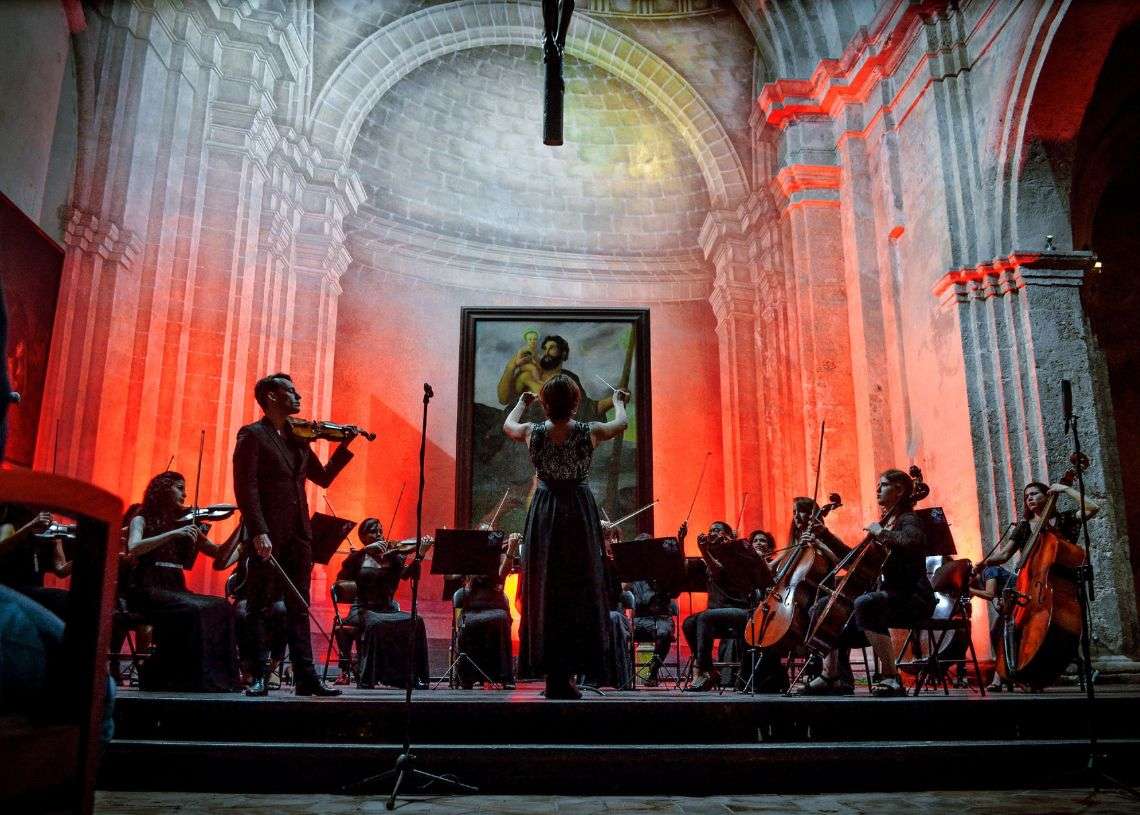
Has this experience had to do with your approach to the Classic Havana Festival?
Totally. I had been following Marcos Madrigal’s work for a long time, sometimes we talked to each other very kindly. I found out then that he was running a festival that, in its essence, was quite similar to Ibiza Concerts. I accepted his invitation to offer a concert and a Master Class and here I am. It is my first time in Cuba.
Also, you are a violin teacher.
It sounds cliché, but actually teaching is beneficial both ways. The students take a little of my knowledge, especially my experience, and I study along with it, since I have to master a piece enough to be satisfactory. Maybe if I’m the interpreter and something goes wrong, I can improvise or follow my instinct, but in a class I have to be very accurate. That is why I feel that I am learning so much and I plan to continue doing so.
What did you think of this Edition of the Classic Havana Festival?
A huge pleasure. I have had the accompaniment of extraordinary musicians, beginning with Marcos Madrigal, Daiana García and the Havana Chamber Orchestra, most of them very young women, who have given me a very pleasant welcome. We have been playing pieces by Brahms and Mendelssohn and they have the mastery of any orchestra in Europe and another thing that sets them apart: time. It is a relief to rehearse a piece to the end, without the haste of a pre-established schedule that makes music a trade and not a life asset.
I knew that my concert was highly anticipated by the public. Many heard a Stradivarius for the first time. It is a violin that has a very special spiritual charge for Cubans, since it belonged to the Maestro, also German, of the historic Cuban violinist, Brindis de Sala.
I dare to assure you that the chance that has brought me to this Festival, the collaboration of the Swiss Embassy, to whom we will dedicate my presentation especially for the unconditional support they are giving to Cuban music and the generous welcome they have given me to me personally. All this will bring me back to Cuba at any time to continue sharing my work with such a special audience.
